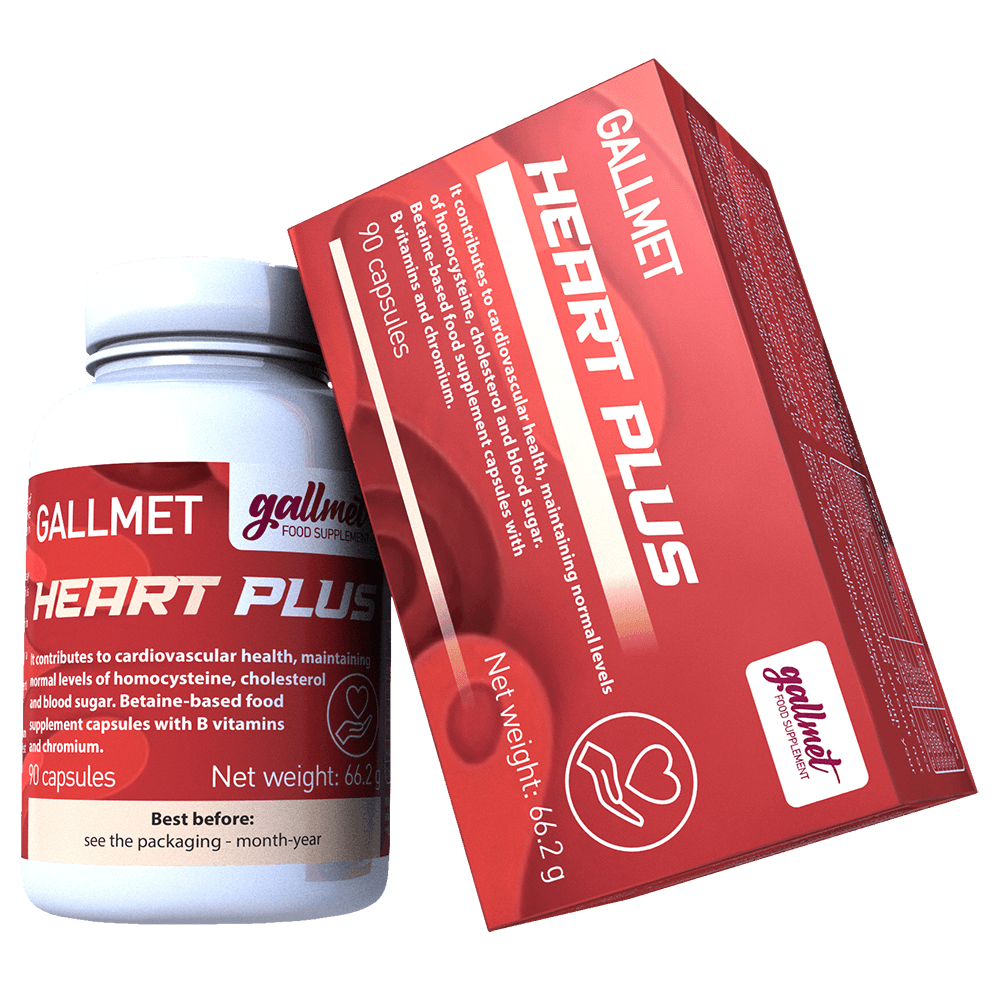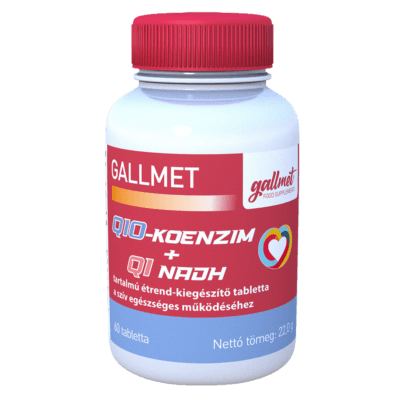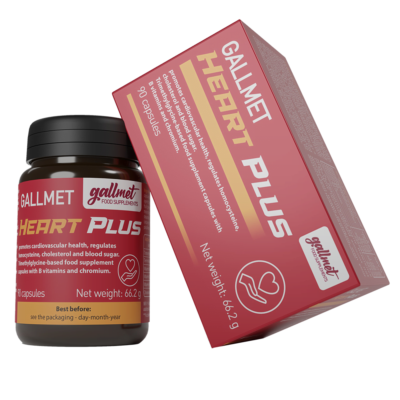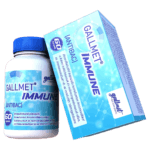Physiological and pathophysiological significance of vitamin B9
Quote:
Results from animal studies show that a diet low in methyldonor molecules (folate, betaine) increases the likelihood of certain tumours by inducing low levels of methylation before tumour development.
The process can also lead to genetic changes, which can promote point mutations and chromosomal breaks. However, folate supplementation can be an effective way to prevent cancer. This is evidenced by research that reports a 20-40% reduction in the risk of developing colorectal cancer in people who consume adequate amounts of folate or have high plasma folate levels.
The timing of supplementation is of paramount importance, because while it is beneficial in healthy tissues before cancer transformation, it worsens the cancer-preventive status already present.
Even within the normal range, different blood serum folate levels affect the occurrence of tumours. Individuals with levels at the upper end of the healthy range (≥31.04 nmol/l) have approximately half the risk of developing colorectal cancer compared to those with lower levels (≤12.23 nmol/l).
Source: Physiological and pathophysiological significance of vitamin B9
Sára Zsigrai, Alexandra Kalmár, Gábor Valcz, Krisztina Andrea Szigeti, Barbara Kinga Barták, Zsófia Brigitta Nagy, Péter Igaz, Zsolt Tulassay and Béla Molnár https://akjournals.com/view/journals/650/160/28/article-p1087.xml
TRY GALLMET HEART PLUS CAPSULES NOW AT A SPECIAL INTRODUCTORY PRICE!
Click on the [print-me] icon to print the page










